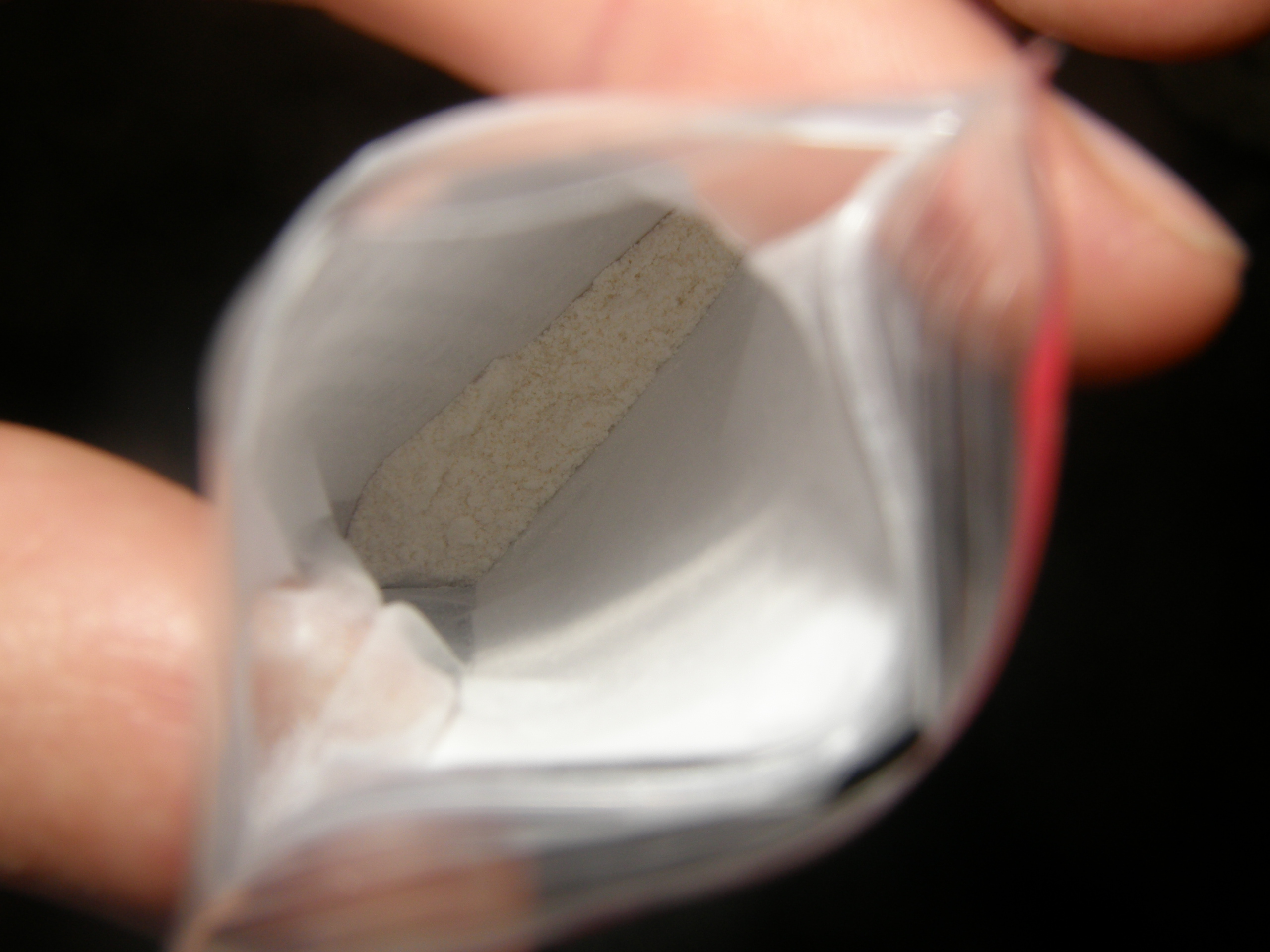Cannabis plant product may help end cycle of addiction: Research

- Country:
- United States
While drug abuse has become prevalent in recent times, a new study has found that Cannabidiol (CBD) found in the cannabis plant, reduced cue-induced cravings in people who had a past history of heroin abuse, indicating at a positive break to the cycle of addiction. The study published in the American Journal of Psychiatry also revealed that CBD tended to reduce physiological measures of stress reactivity, such as increased heart rate and cortisol levels, that are induced by drug cues.
"We initiated a study to assess the potential of a non-intoxicating cannabinoid on craving and anxiety in heroin-addicted individuals," says Yasmin Hurd, PhD, first author of the study. "The specific effects of CBD on cue-induced drug craving and anxiety are particularly important in the development of addiction therapeutics because environmental cues are one of the strongest triggers for relapse and continued drug use."
The current study used a double-blind, randomised, placebo-controlled design to explore the acute (one hour, two hours, and 24 hours), short-term (three consecutive days), and protracted (seven days after the last of three consecutive daily administrations) effects of CBD administration on drug cue-induced craving and anxiety in drug-abstinent individuals with heroin use disorder. Secondary measures also assessed participants' positive and negative effect, cognition, and physiological status.
During the study, 42 drug-abstinent men and women were randomly assigned to receive either 400 mg or 800 mg of an oral CBD solution or a matching placebo. Participants were then exposed to neutral and drug-related cues during the course of three sessions: immediately following administration, 24 hours after CBD or placebo administration, and seven days after the third and final daily CBD.
Neutral cues consisted of a three-minute video showing relaxing scenarios, such as scenes of nature, while drug-related cues included a three-minute video showing intravenous or intranasal drug use and exposure to heroin-related paraphernalia like syringes, packets of powder resembling heroin. Measures of opioid craving, anxiety, positive and negative effect, and vital signs (skin temperature, blood pressure, heart rate, respiratory rate, and oxygen saturation) were recorded at different times during the sessions.
The study team found that CBD significantly reduced both the craving and anxiety induced by drug cues compared with neutral cues in the acute term. CBD also showed significant protracted effects on these measures seven days after the final short-term exposure. Also, CBD reduced the drug cue-induced physiological measures of heart rate and salivary cortisol levels with no effects on cognition, and no serious adverse events.
"Our findings indicate that CBD holds significant promise for treating individuals with heroin use disorder," said Dr Hurd. "A successful non-opioid medication would add significantly to the existing addiction medication toolbox to help reduce the growing death toll, enormous health care costs," she opined.
(With inputs from agencies.)
- READ MORE ON:
- Synthetic cannabinoids
- Hash oil
- Substance theory
- Business administration
- System Administrator
- Health administration
- Market participant
- Financial market participants
- Naked and Afraid
- Sewing needle
- Over-the-counter drug
- Medical prescription
- Powdered milk
- Powdered sugar
- Face powder
- Yasmin Hurd
- Cannabidiol
- cannabis plant
- cannabinoid
- administrations
ALSO READ
Meeting between Bhagwant Mann, Sanjay Singh, Arvind Kejriwal cancelled for security reasons: Tihar Jail administration
Chhatrapati Sambhajinagar administration to assess water situation, determine need for fodder camps
Kandhamal administration installs selfie points, organises Rangoli competitions to attract voters
Biden administration imposes first-ever national drinking water limits on toxic PFAS
SC paves way for Christian prayer meet at Indore, stays administration’s order










